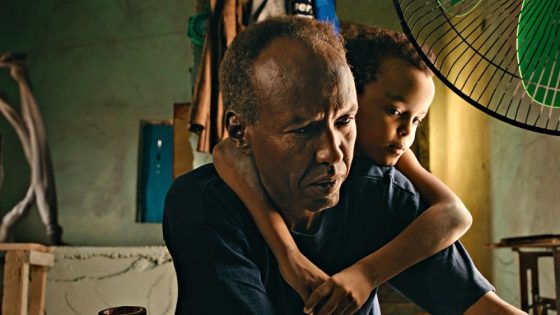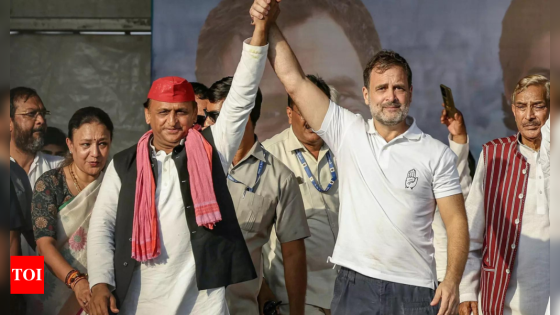Dreams play a pivotal role in “The Village Next to Paradise.” One of the three main characters in writer-director Mo Harawe’s poignant debut, a pre-teen boy named Cigaal (Ahmed Mohamud Saleban), has a compulsion to share his dreams with anyone who’s willing to listen. Cigaal longs for a land full of sweets, a place he sees in his sleep. The central threesome each have modest dreams: a small shop, a steady job and schooling. Life is hard in their part of Somalia, and they just want it to become a little easier.
It’s not much to ask for, and the humble ambition of the story’s characters reflects the filmmaker’s steady hand and patient vision. Harawe’s assured and confident debut, the first Somali feature ever selected for Cannes, draws on a small canvas but manages to wring authentic emotions and tell a complete narrative. A jack of all trades who can’t find permanent employment, Mamargade (Ahmed Ali Farah) is struggling to make ends meet. He cares for a motherless young son, the aforementioned Cigaal. His sister Araweelo (Anab Ahmed Ibrahim) is trying to live on her own terms following a marriage that ended because of her infertility. Supporting one another even when they are not in agreement, these misfits have formed a makeshift small family, not unlike those seen in Kore-eda Hirokazu’s “Shoplifters” and “Broker.”
Languid in pace, “The Village Next to Paradise” takes its time to tell its uncomplicated story. Nothing much changes from scene to scene; life simply happens. Small decisions are made, the characters enjoy playful moments and the grind goes on. But the specter of death is ever present. First it exists on the margin, as loud noises from afar or a mention of survival training for possible drone strikes at the primary school, but little by little, it moves to the center of the frame and the narrative. Mamargade helps a woman bury her young daughter, and Cigaal’s school closes, forcing him to find another one. The political situation in Somalia creeps into these characters’ lives, as the disruption becomes all-encompassing and the fight for survival more urgent.
Harawe starts the film with a news bulletin about a drone attack. Instead of setting the tone for what transpires, it’s a rather jarring starting note. The slow and methodical rhythm in which the story unfolds has nothing in common with it. Harawe’s writing is lean, the dialogue straightforward and to the point, and he should have trusted his sparse screenplay to carry the drama. His characters are not verbose, yet scenes when nothing much happens come to have potent resonance thereafter. There’s audacity in such filmmaking, as Harawe forces the audience to succumb to a specific storytelling flow. As scenes stay on for just a little bit longer than we might expect, new meaning comes to light, whether in an actor’s gaze or a character’s viewpoint. A character might take a pause and then suddenly say something so profound it punctures the film and startles the audience.
So much can be read in Farah’s expressions alone, and Harawe knows to center his face in the frame and let him carry the narrative. In one highly affecting scene, Mamargade tells the story of his marriage in a voice full of equal amounts love and sorrow. But it’s Farah’s downcast eyes and the stillness of his features that show both the intensity of his feelings and his acceptance of his fate. Saleban avoids the trap of the precious know-it-all so many young actors fall into. His performance matches Farah’s in calm composure. Ibrahim gives Araweelo a quiet yet forceful disposition, playing her with unshakeable fortitude. This is a woman who wants to be heard and knows exactly what she wants, even when she’s taken for granted by those around her.
No wonder dreams have such a hold on these characters. When Mamargade feels trapped by his situation, his dreams take a fantastical turn and come with song and dance. Cigaal gets his moment when someone asks him to describe something he longed to do. Ever pragmatic, Araweelo never talks of her dreams. In building these characters’ world — the fanciful, the childish and the realistic alike — Harawe makes a film that quietly seeps into the audience’s consciousness and lingers.
Source Agencies



